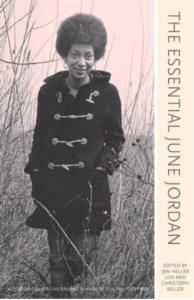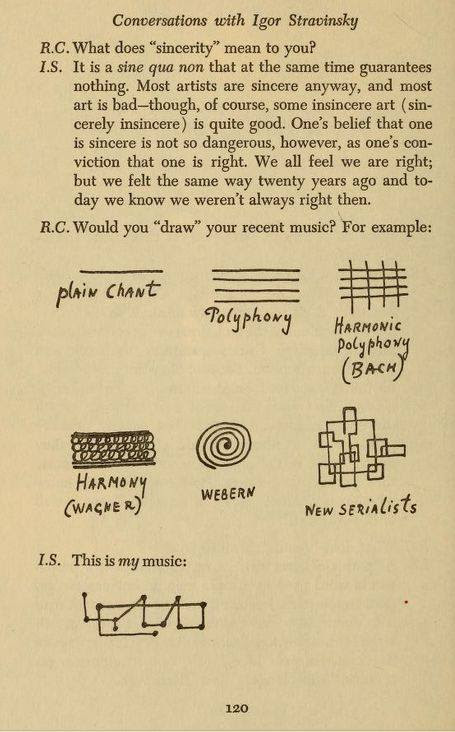 The world of poetry is expanding to include new voices and new forms. It can be daunting, but also energizing. Here is a poem from a poet new to me whose work came to me online. I remember those fox stoles, my mother had one–something you’d never see today, but fascinating to me as a child. I love the descriptions in this poem and the way the rhythm of the poem matches the experience.
The world of poetry is expanding to include new voices and new forms. It can be daunting, but also energizing. Here is a poem from a poet new to me whose work came to me online. I remember those fox stoles, my mother had one–something you’d never see today, but fascinating to me as a child. I love the descriptions in this poem and the way the rhythm of the poem matches the experience.
The Language of Joy
Black woman joy is like this:
Mama said one day long before I was born
she was walking down the street,
foxes around her neck, their little heads
smiling up at her and out at the world
and she was wearing this suit she had saved up
a month’s paycheck for after it called to her so seductively
from the window of this boutique. And that suit
was wearing her, keeping all its promises
in all the right places. Indigo. Matching gloves.
Suede shoes dippity-do-dahed in blue.
With tassels! Honey gold. And, Lord, a hat
with plume de peacock, a conductor’s baton that bounced
to hip rhythm. She looked so fine she thought
Louis Armstrong might pop up out of those movies
she saw as a child, wipe his forehead and sing
ba da be bop oh do de doe de doe doe.
And he did. Mama did not sing but she was skiddly-doing that day,
and the foxes grinned, and she grinned
and she was the star of her own Hollywood musical
here with Satchmo who had called Ella over and now they were all
singing and dancing like a free people up Dexter Avenue,
and don’t think they didn’t know they were walking in the footsteps
of slaves and over auction sites and past where old Wallace
had held onto segregation like a life raft, but this
was not that day. This day was for foxes and hip rhythm
and musical perfection and folks on the street joining in the celebration
of breath and holiness. And they did too. In color-coordinated ensembles,
they kicked and turned and grinned and shouted like church
or football game, whatever their religious preference. The air
vibrated with music, arms, legs, and years of unrequited
sunshine. Somebody did a flip up Dexter Avenue.
It must have been a Nicholas Brother in a featured performance,
and Mama was Miss Lena-Horne-Dorothy-Dandridge
high-stepping up the real estate, ready for her close-up.
That’s when Mama felt this little tickle. She thought
it might be pent-up joy, until a mouse squirmed out
from underneath that fine collar, over that fabulous fur,
jumped off her shoulder and ran down the street.
Left my mama standing there on Dexter Avenue in her blue
suit and dead foxes. And what did Mama do?
Everybody looking at her, robbed by embarrassment?
She said, “It be like that sometimes,” then she and Satchmo,
Ella, and the whole crew jammed their way home.
Jaquline Allen Trimble
Originally published in Poetry Magazine, July/August, 2021.
Forthcoming in How to Survive the End of the World, NewSouth Books, 2022.
 The Moon
The Moon What Would I Do White?
What Would I Do White? The world of poetry is expanding to include new voices and new forms. It can be daunting, but also energizing. Here is a poem from a poet new to me whose work came to me online. I remember those fox stoles, my mother had one–something you’d never see today, but fascinating to me as a child. I love the descriptions in this poem and the way the rhythm of the poem matches the experience.
The world of poetry is expanding to include new voices and new forms. It can be daunting, but also energizing. Here is a poem from a poet new to me whose work came to me online. I remember those fox stoles, my mother had one–something you’d never see today, but fascinating to me as a child. I love the descriptions in this poem and the way the rhythm of the poem matches the experience.